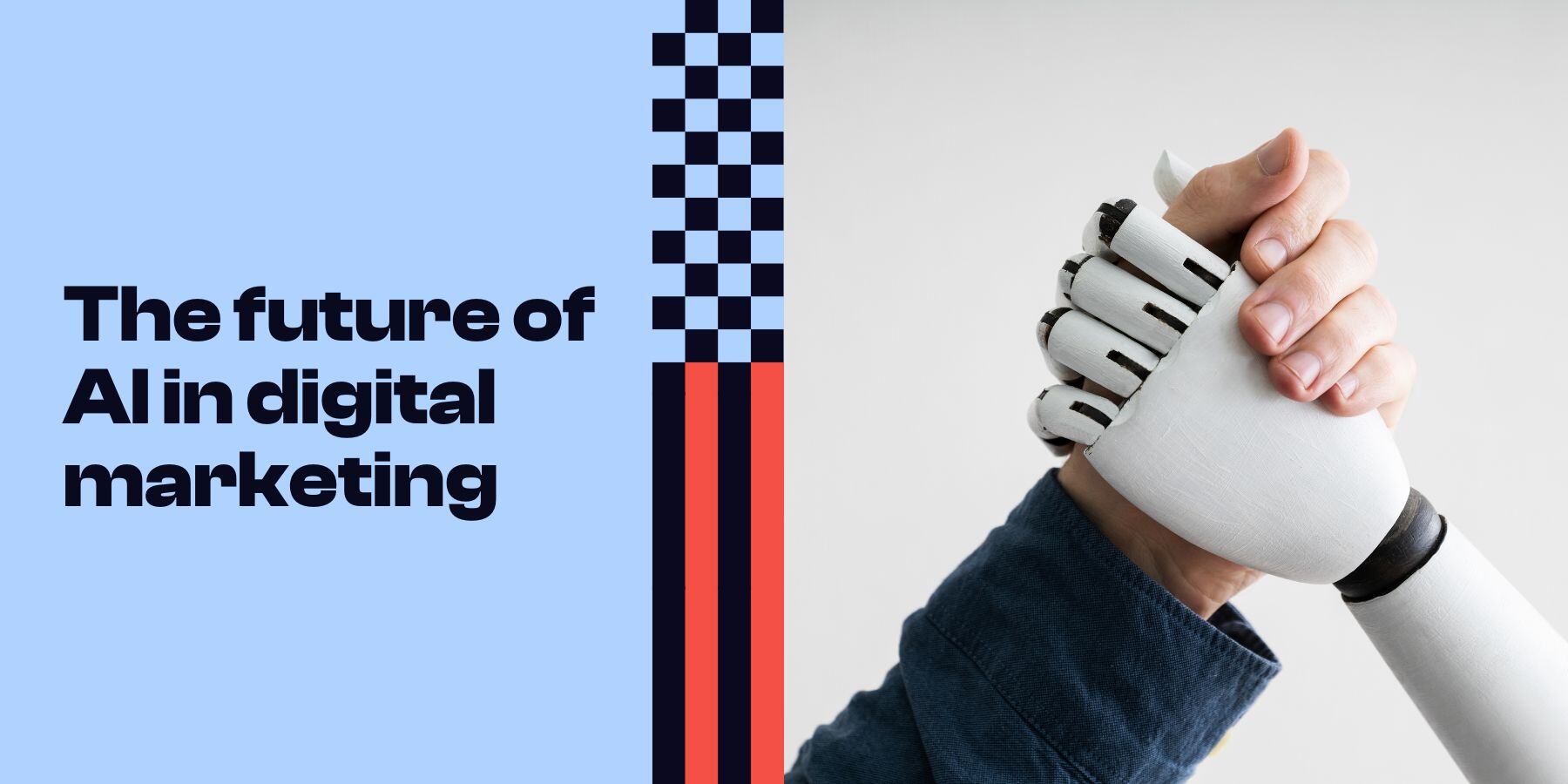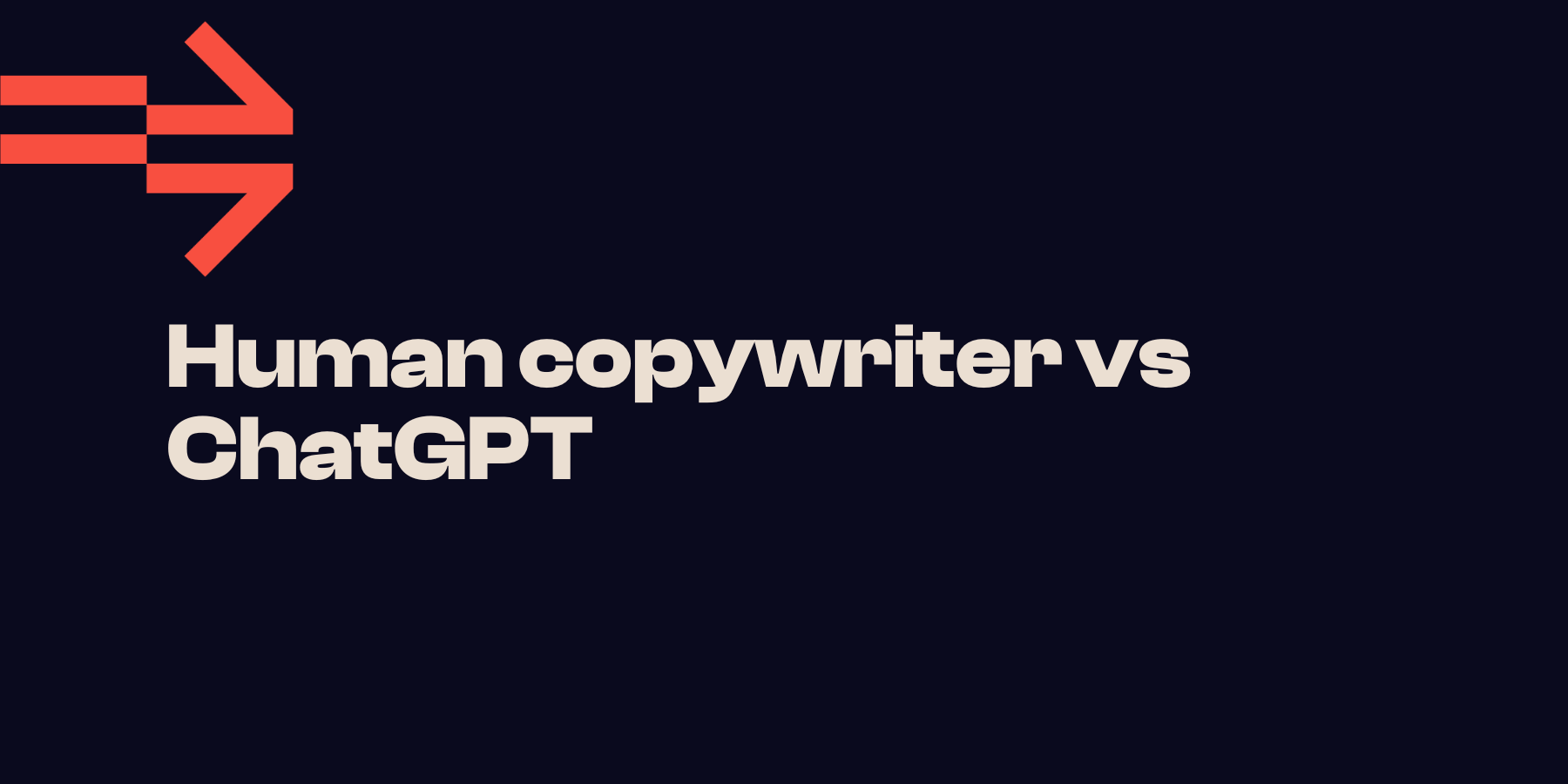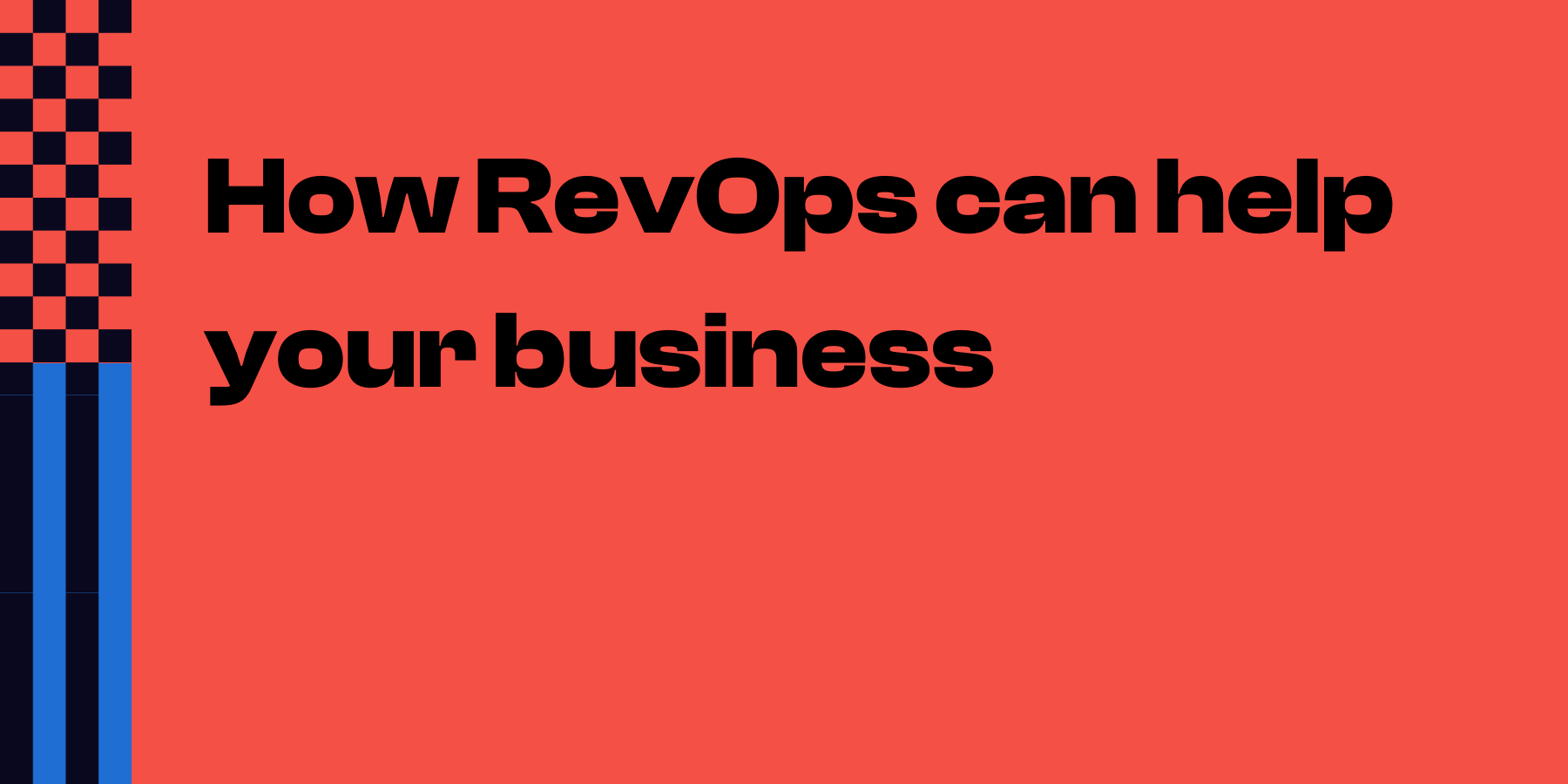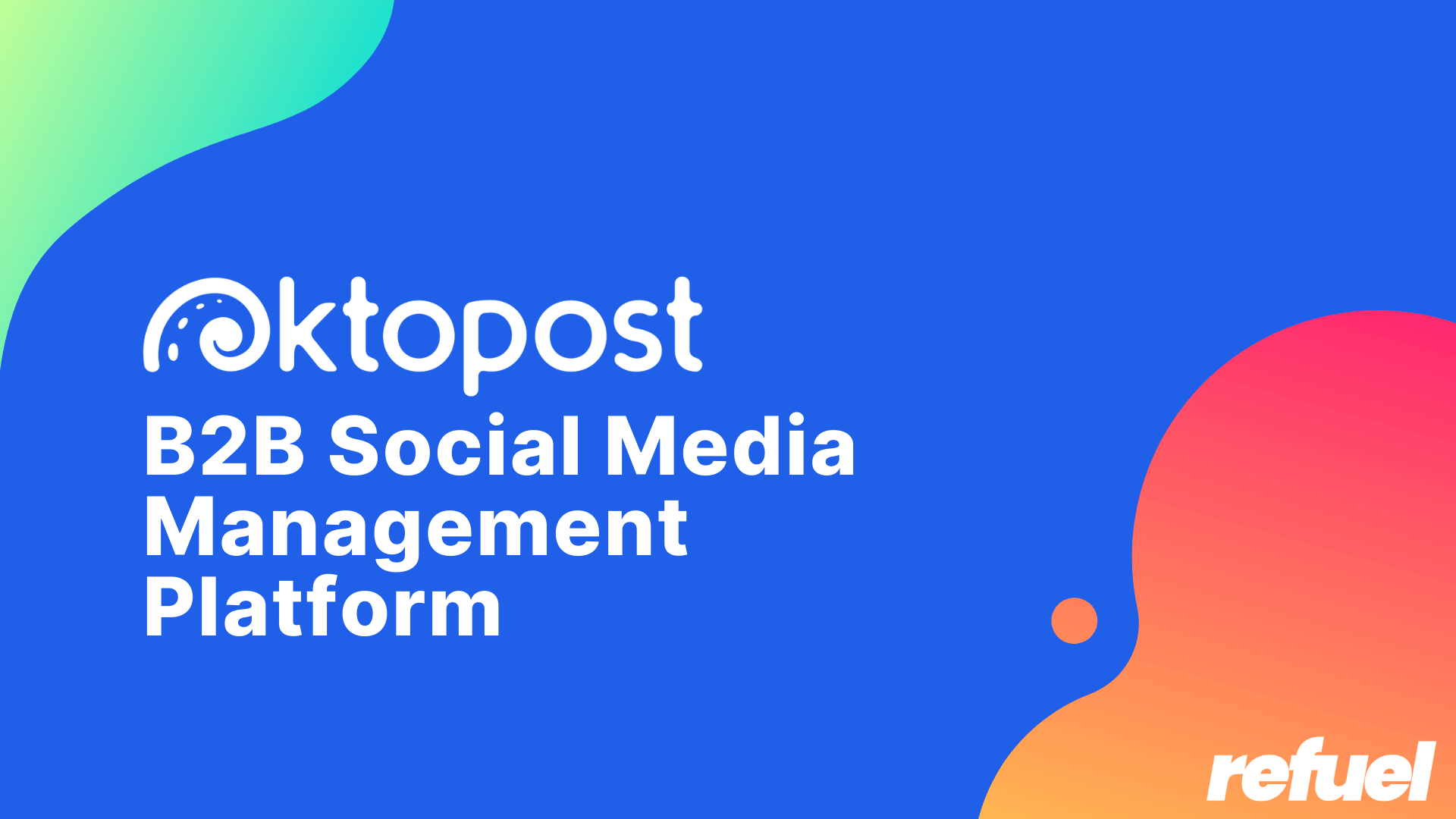The future of artificial intelligence in digital marketing

Last updated: 28 May 2024
Digital technology has forever transformed the way we do business. With more consumers moving away from bricks and mortar stores to online shopping, retailers and marketers have been forced to explore new ways to stay connected with their customer base.
Rather than taking over the world, artificial intelligence (AI) is opening new opportunities to create meaningful interactions, and streamline processes to allow cost-effective scaling of services. When it comes to data analysis, AI systems can take care of the heavy-lifting to both generate, and implement, actionable insights from data banks.
AI is able to interpret and analyse mountains of data with speed and accuracy, using this data to predict future consumer behaviour and help create personalised and targeted marketing campaigns.
Additionally, AI can automate certain processes to free up resources in other areas, such as cleaning up databases to eliminate duplicate or outdated information - a tedious and time-consuming manual task.
Many larger businesses, such as Google, Amazon, and Facebook, have already adopted AI strategies across multiple channels to automate marketing, lead nurturing, logistics, consumer support, and forecasting.
But you don’t need to be an industry giant to implement AI into your business.
There are many existing tools and platforms that allow businesses of any size to take advantage of the benefits and growth opportunities provided by artificial intelligence. Here, Refuel shows you how to get the best out of AI.
AI tools that can boost your marketing
For many people, AI may evoke images of futuristic androids and self-aware operating systems. But the reality is that AI and marketing automation software is already present in many of the digital tools and platforms we use every single day.
Voice search and conversational AI
Most of us are familiar with Siri, Cortana and Alexa, the AI behind conversational search on our computers and hand-held devices. More than half of all smartphone owners use voice technology every day to activate tasks, seek answers, or engage in navigation services (PWC).
According to HubSpot, there was more than a 200% increase over two years in mobile searches for queries including “open”, “now”, “near me”, “where to buy” by 2019.
As voice assistants get smarter and more useful, the importance of optimising for this technology will grow. It’s best to be proactive, afterall, you don’t want your competitor to get there first, do you?
Chat bots
Chat bots are a subset of this category that use Natural Language Processing (NLP) to understand queries from people and provide programmed answers in a way that is friendly and relevant. While the responses are generally pre-programmed, AI can be used to predict what sequence the conversation will follow and ask leading questions to prompt responses from the user.
In many instances, chat bots can help resolve customer queries without the need to engage a member of the sales or customer care team.
From a marketing standpoint, having a functional and effective chat bot on hand allows your business to engage with customers 24/7. This doesn’t only take pressure off your sales team, but it also helps increase customer satisfaction by offering fast support when needed. It puts the power back in your customers hands, helping them get service on their terms, and their timeline.
Personalisation
With less face-to-face interactions, AI is providing new opportunities for ecommerce platforms, such as Shopify, to create a more personalised experience for consumers. Using past search history and purchases, it can return relevant information across advertising and product recommendations, even creating customised web content, to deliver the best user-experience for the customer.
Digital marketing strategies can also benefit from AI multivariate analysis to optimise results. It can assess the specific variables audiences are most responsive to, and use that information to display page versions with the highest conversion rates.
Scheduling
Anyone running email marketing or social media campaigns will be familiar with some form of scheduling tool. Platforms such as Seventh Sense use AI to determine the best time to send your email. Rather than emails being sent to all users at a single, predetermined time, emails are scheduled individually based on the time they are most likely to be engaged and ready to interact.
Similarly, AI is being used not just to schedule social media posts at optimal times, but also create basic content for distribution.
Campaign planning
Traditional digital and online marketing tends to present the same information to consumers as they journey through the sales funnel. Advanced AI can be used for next-best-action decisioning. Instead of the same touchpoints rolling out to every consumer, AI examines the data to recommend what campaign strategy will work best for each individual at what time.
Improving marketing processes and outcomes
In addition to using AI to improve the forward-facing customer experience, it is also proving valuable behind the scenes to streamline processes and inform future marketing activities.
Automation
Every business operates around a set of processes and workflows to ensure consistency in approaches and outcomes. While many of these processes can be quite straightforward, they can also use huge resources to manage and deploy.
Today, a lot of this heavy-lifting can be done by AI tools. Once systems and goals are in place, it can work tirelessly to analyse data, determine the appropriate chain of action, and trigger actions based on that data, while also identifying new opportunities for your business to grow.
This can allow content marketers to spend less time on analytics and workflow processes, and more time on developing campaigns and material informed by data driven AI recommendations.
SEO
The ability to analyse data is one of AI’s biggest attributes in SEO. Gone are the days when SEO was just a matter of cramming the right keywords on a page. Search engines have evolved to consider the intent and desire behind search queries, as well as determining which content will be most relevant in meeting those objectives.
This is where tools using AI or machine learning, such as Frase, can identify content opportunities based on the base keywords you want your site to rank for. They can examine data to determine where content gaps exist, identify trending topics, present LSI keywords and give feedback on how content should be structured.
Customer service strategy
Using AI to analyse feedback from consumers can provide valuable insight into existing gaps or future opportunities to service the needs of customers. Conversation intelligence is AI technology that can track recorded phone calls to identify a range of metrics to review and improve call outcomes across sales, support and customer service.
Hubspot’s conversation intelligence tool allows users to search for frequently mentioned keywords such as names of products or competitors, or view the duration of calls to see where additional coaching or resources may be required.
Don’t ignore the rise of the machines!
Industries across the globe are already adopting AI into their processes, whether this is to improve customer experience or to improve their own marketing strategies.
It’s best to adopt data driven marketing into your business early and jump on the AI trend. For instance, in 2019 there was a 54% growth in the global AI market.
This trend is set to balloon into the future and impact other areas, with voice search in SEO being a particularly important area.
Emergence of AI and how data-driven information will impact digital marketing and the customer experience.
The statistics speak for themselves:
- 65% of 25-49 year old’s speak to their voice-enabled devices at least once a day. (PWC, 2018).
- There are 300,000 active Messenger bots on the Facebook Messenger platform. (Messenger, 2020).
- 64% of people across generations said they prefer messaging to a call or email. (Facebook, 2019).
However, using AI for the sake of it won’t guarantee results. To see significant ROI, you’ll need a data-driven strategy to fully take advantage of the technology at hand. You need a marketing team with first hand experience in leveraging AI and technology to generate growth for clients.
At Refuel, that’s what you’re getting. We have experience in deploying Seventh Sense, an AI program that schedules emails, to grow a tech start up in Australia.
TL;DR
AI is set to revolutionise the digital marketing industry. Voice assistants are already changing how people interact with search engines and how consumers receive information. In addition, the rise of chat bots are making it easier than ever for consumers to interact with brands and services.
The earlier businesses invest in and adopt AI into their strategy will better prepare them for the future, helping to ensure they stay one step ahead of their competitors.
For us at Refuel, we use AI on a daily basis to improve our customer results. From analysing Google Ads data, to optimising email send times, providing call analytics to sales teams, and improving search engine optimisation; there are a range of ways we can improve results, and more importantly the customer experience.
Book a call with Refuel today to see how we can use AI to grow your business.






